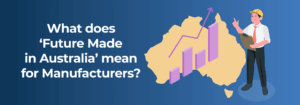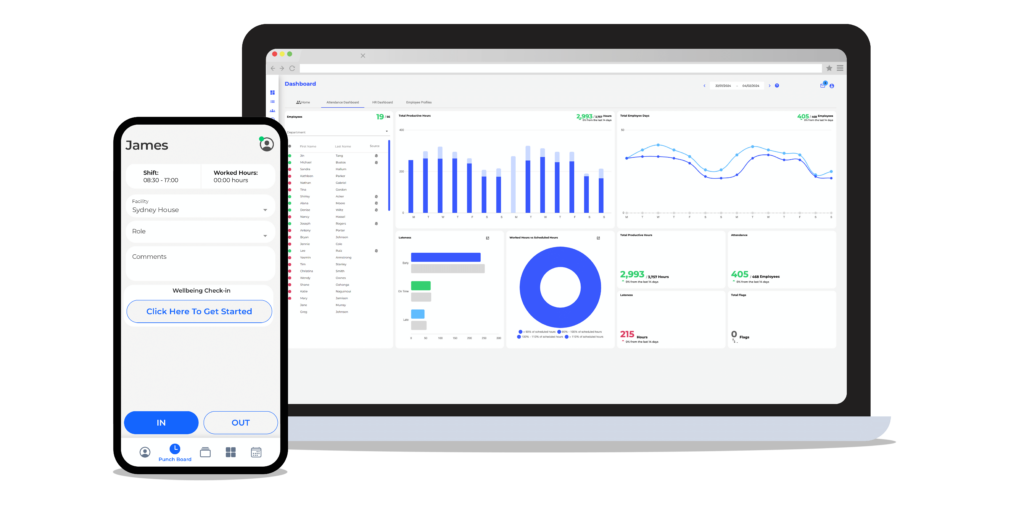The Future Made in Australia Budget: A Boost for Zero-Carbon Manufacturers
The Australian Government’s 2024–25 Budget launches Future Made in Australia, a $22.7 billion plan to strengthen the economy. If you prioritise sustainability, you stand to gain.
What is the Future Made in Australia Budget?
In short, it is a strategy to lift Australia’s economic strength and global competitiveness. It focuses on innovation, crowding in investment, and seizing opportunities in clean energy, advanced manufacturing, and critical resources.
How does it help manufacturers?
First, the budget allocates major funding for research and development in environmentally sound technologies. With more resources and incentives, manufacturers can accelerate new solutions.
Second, it invests heavily in renewable energy infrastructure and technology. As a result, manufacturers can switch to cleaner energy with less friction and lower long‑term costs.
Third, it backs training programs that build a skilled, transition‑ready workforce. Consequently, manufacturers gain access to more people trained in sustainable practices.
Finally, the government streamlines approvals for renewable energy and advanced manufacturing projects. This speeds the shift to a greener economy and helps innovators reach market faster.
Why zero‑carbon manufacturers benefit
- Lower energy costs. Because the budget emphasises renewables, manufacturers can reduce reliance on fossil fuels and cut energy costs over time.
- Greater competitiveness. As global demand for sustainable products rises, Australian manufacturers that prioritise eco‑friendly practices move into pole position.
- New markets. With a clear push into renewables and advanced manufacturing, exporters gain access to regions that prioritise sustainability.
Scale up with smart tools
As this budget support kicks in, zero‑carbon manufacturers will grow. To manage that growth, they need tools that keep operations tight. Workforce management software that tracks hours, builds rosters, and assigns tasks becomes essential. In turn, these tools optimise labour, lift productivity, and support compliance with labour laws.
How Timecloud helps
Timecloud’s workforce management platform streamlines operations and supports sustainable growth. By simplifying time tracking, rostering, and job costing, Timecloud helps you stay compliant, allocate people effectively, and control project costs.
- Simplified time tracking. Track employee hours accurately and handle awards such as overtime, allowances, and leave entitlements to simplify payroll and maintain compliance.
- Intelligent scheduling. Build rosters by shift and role while factoring in required certifications.
- Accurate job costing. Monitor locations, staff hours, and material costs so each job stays on track and on budget.
The Road Ahead
The Future Made in Australia Budget can reshape the manufacturing landscape. For sustainability‑led manufacturers, it creates a chance to accelerate progress, sharpen competitiveness, and contribute to a greener future. To make the most of it, invest in the right workforce management tools as you scale.
Ready to see what Timecloud can do for your manufacturing business? Contact us for a personalised demo and find out how our platform can transform your workforce management.
Disclaimer: This blog post provides general information only and does not constitute financial or investment advice. Always consult a qualified professional before making financial decisions.


